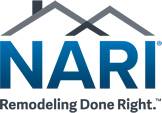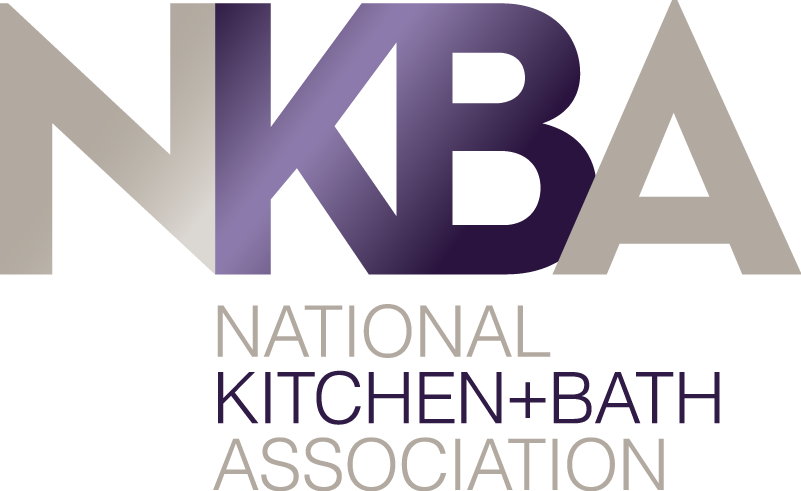
More and more elderly Americans are choosing to stay in their current home. If you are planning to do so as well, you’ll want to make sure your living environment espouses safety and independence. However, many homeowners who plan their “forever homes” are worried about the traditional “nursing home” look.
It’s important to remember that designing an accessible home isn’t just about practical modifications like grab bars and ramps. As with most remodeling projects, aesthetics plays a vital role in creating living spaces that are as safe as they are stylish. Trusted “remodeling contractor near me” DreamMaker Bath & Kitchen of Larimer County explains how aesthetics factors into an age-in-place remodel.
The Importance of Aesthetics in Accessible Remodeling
An accessible home utilizes universal design principles that acknowledges the desire for independence, promoting a living environment that adapts to the changing needs of an individual in every season of their life. In this regard, aesthetic considerations go beyond superficial appearances, covering functionality and the overall ambiance and visual appeal of the living spaces.
Common Features of an Accessible Home
To better understand how aesthetics factor into an accessible remodeling project, here are some of the features that help promote safety and independence in living spaces:
- Lighting. Adequate lighting not only enhances safety, reduces the risk of falls and improves overall well-being. It also helps you achieve a more inviting and comforting atmosphere, especially when you incorporate large windows or skylights that let in sunlight.
- Materials and finishes. The aesthetic aspect of these features can also make a difference in the overall appearance of an accessible home. Non-slip flooring, such as textured tiles or vinyl, maintain an elegant look while providing stability. Countertops and cabinets can be designed to not only complement each other but also enhance visibility and ease of use.
- Furniture. Seating choices add a touch of sophistication to a living space while also providing adequate support, easy maneuverability and comfort. Thoughtful placement of these furniture pieces can help create clear pathways and facilitate mobility.
- Custom features. Incorporating personal style and preferences into the accessible home design helps you avoid the “nursing home” look. Adjustable shelves, adaptable bathroom fixtures and flexible storage solutions cater to your needs while maintaining a sense of personal style and taste.
Let’s Start a Conversation!
For homeowners in Fort Collins, Loveland, Berthoud, Johnstown, Wellington, and Timnath, DreamMaker Bath & Kitchen of Larimer County remains the only go-to remodeler they can trust. Look no further for high-quality accessible remodeling solutions that can help turn your home into a reflection of you and your lifestyle. Our design professionals create safe and independent living environments while fulfilling your individual needs. To get started with a detailed bathroom or kitchen quote, call us at (970) 695-1320, or fill out our contact form. We’d love to hear from you!




